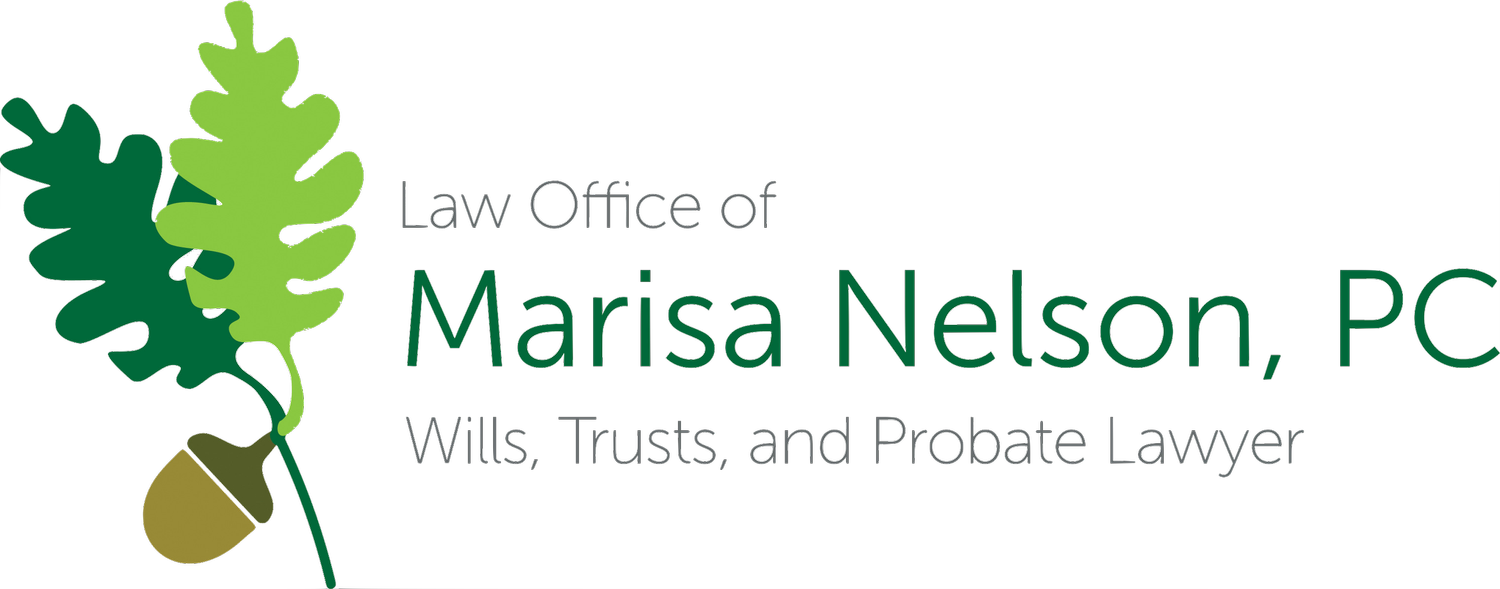Where should I store my important documents in case of a fire?
As Californians, we all live with increasing awareness of wildfires and the risks they pose. I’m from Santa Rosa, much of which burned in 2017. My family has been evacuated several times since then, and many friends have lost their homes. Thankfully, our first responders have gotten extremely good at putting fires out quickly, but as we saw in LA earlier this year, the risk is real whether we live in a rural mountain area or a big city.
Perhaps that’s why almost every client in my California-based estate planning law practice asks me, “Where should I store my important documents?”
Most often I hear this question as we’re completing my clients’ wills and trusts, but of course it applies to other key documents too, including birth and death certificates, IDs and passports, family and pet medical records, financial records, life insurance information, and anything containing critical information that would be somewhere between “a hassle” and “impossible” to find or get back, especially in the aftermath of a death, fire, or other disaster.
My top recommendation is to store soft copies / scans of important documents somewhere you and your trusted people can access them from anywhere in the world.
Copies work for most things these days, including trusts (and wills in some instances), health care directives, guardian nominations, and powers of attorney. Even aside from fires, floods and leaks, and other disasters that can destroy hard copies, you may not be at home when you need your documents, and your appointed person may not be home either.
Getting the call that someone you love is in the hospital is stressful enough without having to figure out how you’re going to get a copy of the documents on the way, or realizing when you get there that the doctors won’t talk to you because you don’t have the documents with you.
So where should you store them? What software should you use? I suggest whatever you will actually use and be able to access in an emergency. Will you remember where you put the documents, and your password to log in? If not, the best most secure storage in the world is useless. Whether you most often use Dropbox, Google Drive, your email account, or something else, put your key documents there.
If your documents contain sensitive information like social security numbers or complete account numbers, consider whether additional security is a good idea.
But the most secure software in the world isn’t much use if it locks you out of it too. Whether you’re great with passwords or get locked out all the time, consider whether a redacted version of the documents will suffice. The estate planning documents I prepare do not contain social security numbers or full account numbers for this reason - it’s not necessary to include this sensitive data, and without them my clients don’t have to worry as much about security.
Hard copies also serve a key purpose—they are easier to find if others are left to sort through your records trying to find them. Hard copies don’t require a password, and you can find them by sorting through desks and cupboards even without knowing which bank or software to search.
So the same question arises: where to store those hard copies of key documents such as wills, birth certificates, healthcare directives and more?
A fire resistant safe or safe deposit box can be useful and add a layer of protection, but make sure that’s not your only hard copy. Give someone else access to the safe or safe deposit box, AND keep a copy more easily accessible and discoverable.
One of the most frustrating challenges for a trustee or executor can be attempting to access a safe or safe deposit box, and they often need what’s inside before they can prove their authority to get inside; you can see where the problems arise. Banks are extremely protective of safe deposit boxes, which is the whole point, but can also stop your trusted people from doing what you’ve asked of them.
Ultimately the best way to make sure your documents are accessible to the right people at the right time is to keep an accessible soft copy, a secure hard copy/ original, and a discoverable hard copy. That way both you and your trusted people can access key documents from anywhere you need to, and also find them in an emergency. Let key people know how and where to access your documents, and keep track of your copies so that you can update all of them when any changes are made.
